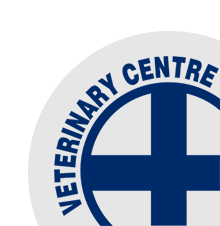Preventing Metritis and Endometritis
/Last year we saw a number of herds with a high incidence of health alerts picked up in cows during the first 14 days post-calving. This coincided with high rates of metritis and endometritis in these herds. Once we see these alerts kicking off it may be hard to prevent the problem in cows that are already within 10 days of calving (springers). Five common causes are :
1) Cows calving down too fat – these mobilise high levels of NEFA suppressing the immune system
2) Cows calving down too skinny – these are also immune compromised due to energy status
3) Cows having inadequate dietary protein in the final 3-4 weeks of pregnancy – protein is required for production of antibodies and this may be preferentially drawn on by the calf when in short supply
4) Clinical or sub-clinical milk fever – slows the involution of the uterus 5) Selenium deficiency – reduces the immune function and increases the chances of retained membranes.
Optimal dietary protein intakes are regularly compromised in the last weeks of pregnancy when cows remain on Fodder Beet crops with low leaf yield together with low protein supplements. Ensuring that the springer diet is meeting the energetic needs and no more is also vital.
If metritis and endometritis has been a problem in the past – discuss transition cow prevention steps with your prime vet.



